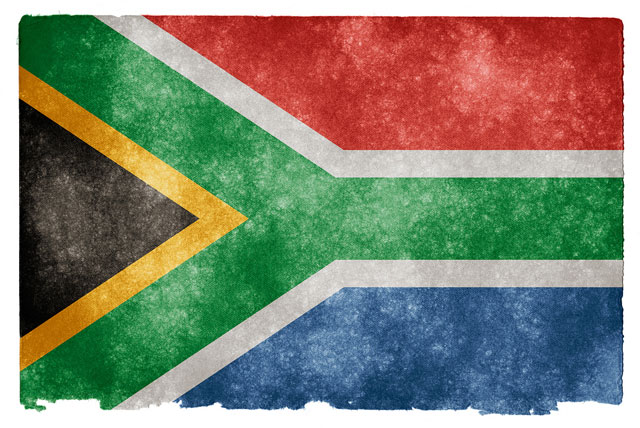
South Africans started voting in municipal elections that may herald the biggest shift in the nation’s political landscape since the end of apartheid.
The ruling ANC may slip below 60% for the first time since it took power in 1994, to 54%, and lose its majority in the capital, Pretoria, Johannesburg, the economic hub, and the southern city of Port Elizabeth, according to an opinion poll by the research company Ipsos released on Tuesday.
With no party expected to pass the 50% mark in all three centres in Wednesday’s vote, South Africa may be headed for a new era of widespread coalition politics.
The elections “could have a significant impact on South Africa’s political scene, especially if the ruling ANC fails to retain some key metropolitan areas”, Pat Thaker, the Economist Intelligence Unit’s regional director for Middle East and Africa, said by e-mail. This “could signal a broader shake-up in South Africa’s political allegiances and governance structures”, she said.
Still widely credited for ending white minority rule, the ANC now faces almost daily demonstrations over the failure of the government it leads to fulfil promises to create jobs, address poverty and improve living standards.
Unemployment is at 27%, the central bank anticipates 0% growth this year, and the nation’s credit rating is at risk of being cut to junk by S&P Global Ratings in December.
Asuccession of graft scandals implicating President Jacob Zuma has also fuelled discontent.
“Everybody in the ANC, they are corrupt,” said Matsheka Phatela, a 26-year-old primary school teacher from Soweto, near Johannesburg. “I think it’s because of power.”
The polls opened at 7am and are scheduled to close at 7pm, with final results expected to be announced on 6 August. Two hundred parties are fielding candidates for 257 councils and a record 26,3m people have registered to vote. More than 2 000 military personnel are deploying to help the police ensure a peaceful vote.
The ANC’s only serious rivals are the Democratic Alliance, which controls Cape Town and won 22% support in national elections in 2014, and the Economic Freedom Fighters, which won 6,4%.
While the DA’s pledge to make it easier to do business is diametrically opposed to the EFF’s call for the nationalisation of mines, banks and land, both parties have said they are open to forming coalitions with each other but not the ANC, increasing the likelihood of municipalities falling into opposition hands.
The Ipsos opinion poll of 3 142 eligible voters showed the ANC leading in Johannesburg with 46% to the DA’s 41%, by 47% to 43% for the DA in Pretoria and losing in the southern port city of Port Elizabeth by a 37% to 44% margin. The ANC says its own surveys show it retaining control of the main centres, while the DA says the race is neck-and-neck in Tshwane, the municipality that includes Pretoria, and Port Elizabeth.
The ANC drew 62 000 people to its final election rally in Johannesburg on 31 July, when Zuma, 74, pledged to increase access to services and clamp down on graft.
“In every election our people disprove the myth that the ANC has not delivered,” Gwede Mantashe, the ANC’s secretary-general, said in a statement on Monday. “Their lived reality is of the massive improvements that have taken place in their lives since 1994. We are certain of victory.”
Zuma has come under pressure to quit since the nation’s top court ruled in March that he violated the constitution by refusing to repay taxpayer money spent on upgrading his private home.
He may also have to face 783 charges of corruption, racketeering, fraud and money laundering, following a high court ruling that prosecutors were in error when they decided to drop a case against him just weeks before he became president in 2009.
The 104-year-old ANC has the advantage of incumbency and a R1bn campaign budget that dwarfs all of its rivals combined. It’s been credited with extending access to welfare grants, clean water and housing. Predictions made ahead of previous elections that the party would bleed support proved unfounded.
“I will die with the ANC,” said Andries Mokgethi, an 84-year-old pensioner from Soweto’s Mapetla township. “The ANC has done so much for us. I don’t even bother with those other parties.” — (c) 2016 Bloomberg LP

